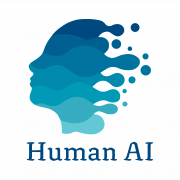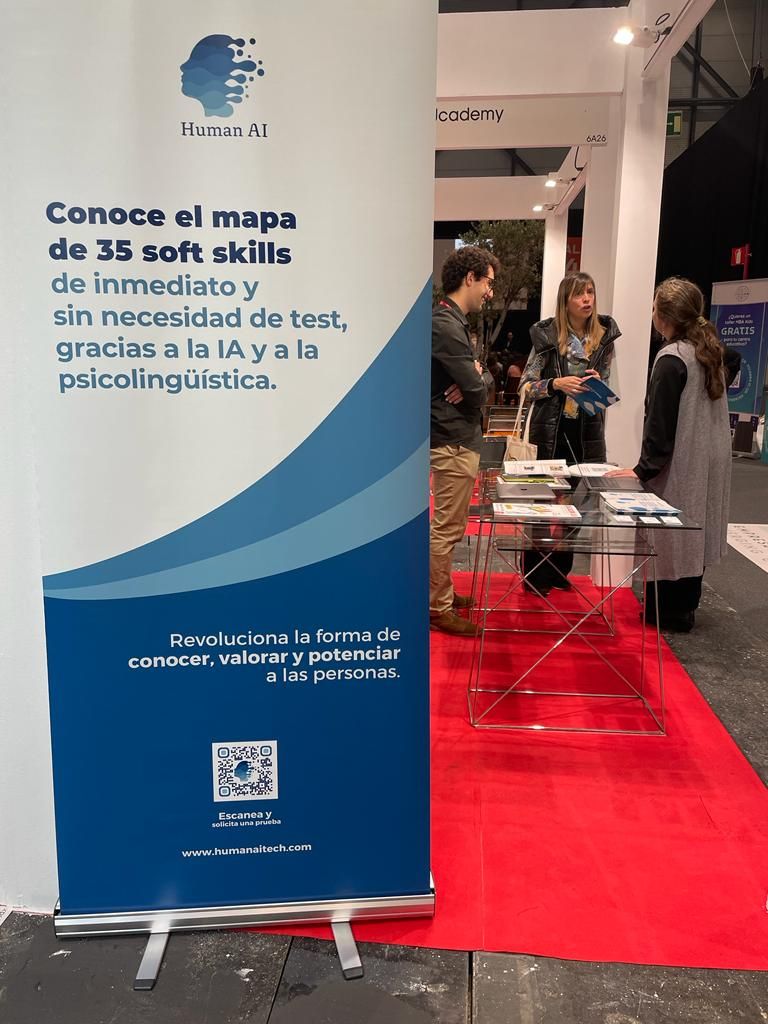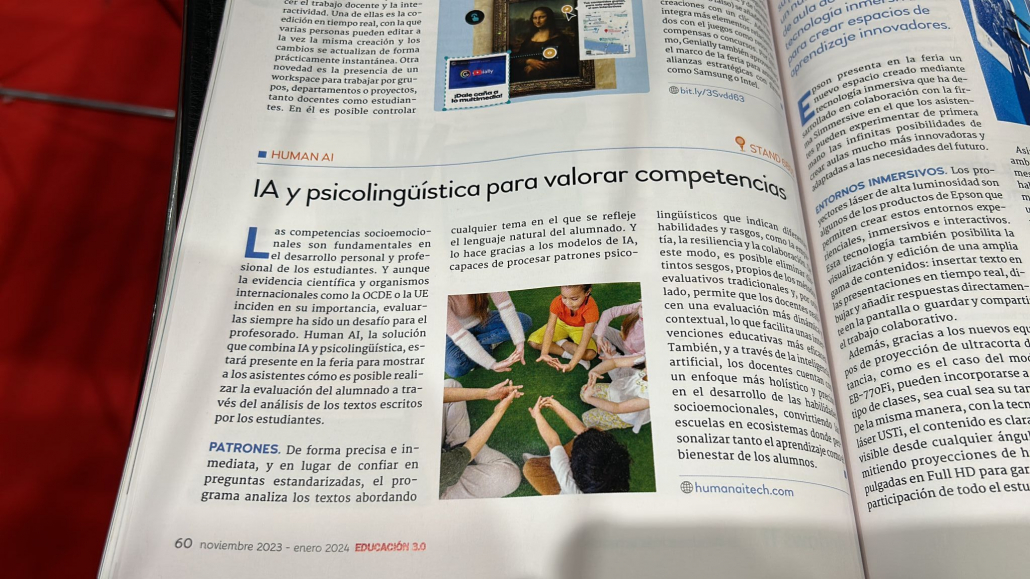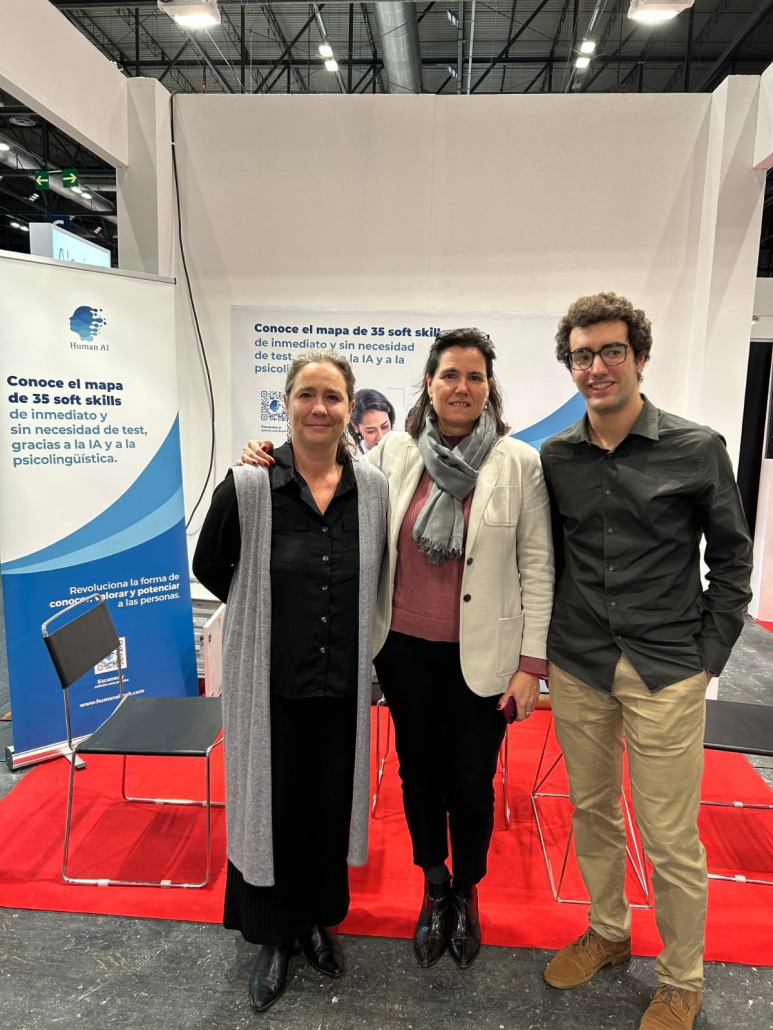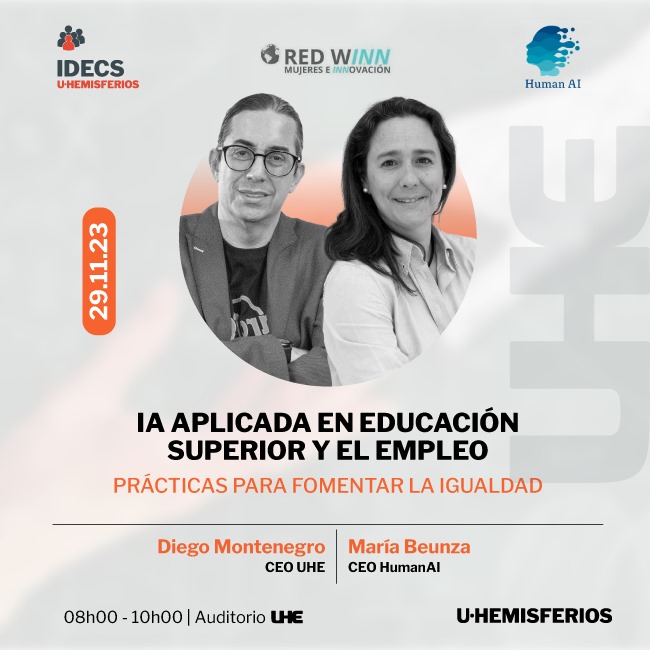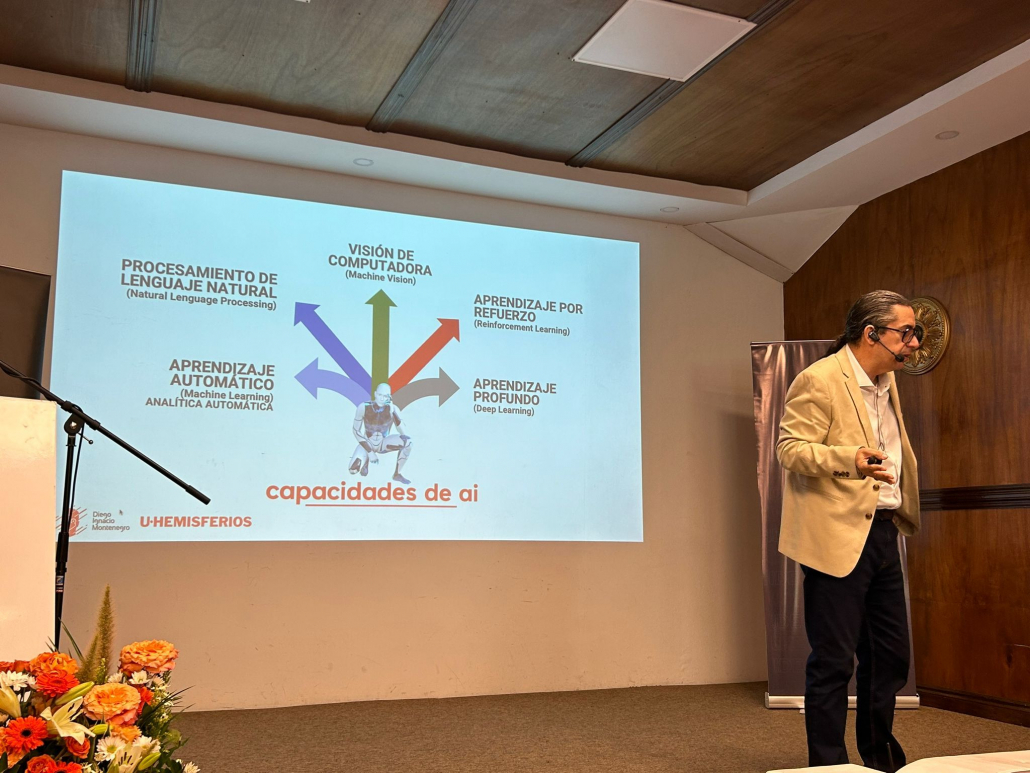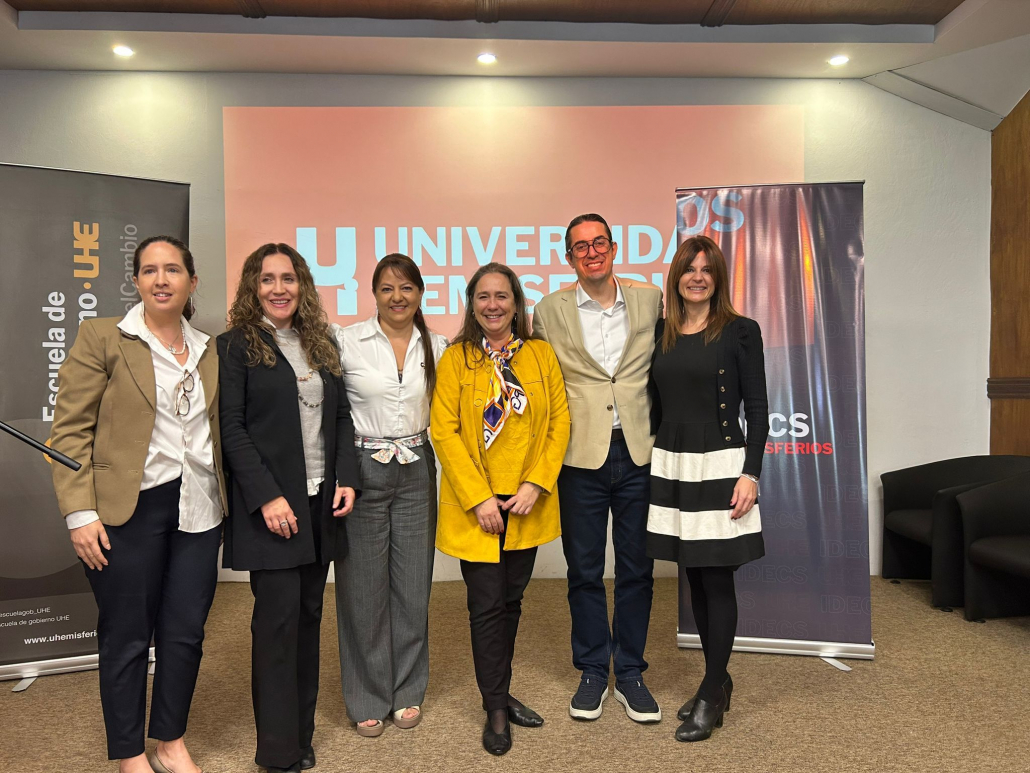Key competencies for an entrepreneurial profile
Socioemotional skills are considered fundamental tools for entrepreneurship, as they allow students to manage their personal resources with the support of the context, for the development of strategies and behaviors that have an impact on the environment.
Social-emotional skills in university students aspiring to entrepreneurship – FORO EDUCACIONAL Nº 32, 2019
At the beginning of a university career, students are often faced with the prospect of undertaking a project or business idea, not only to generate future income, but also to cover a social need and generate an impact on the environment.
The process of entrepreneurship is a challenge for university students, as it confronts them with a dynamic social context, which requires strategies to promote a profitable business idea and professional profiles that allow them to face personal and environmental challenges during the development of entrepreneurship. Entrepreneurship is a journey full of challenges and opportunities, and to succeed in the competitive world of the market, it is not only important to develop technical skills, but also a set of socioemotional competencies (SEC) that can drive growth at a personal and professional level.
What are the most relevant SECs for the employability of an entrepreneurial profile?
1. Self-knowledge
Self-knowledge is the foundation of any successful entrepreneur. It involves understanding your own strengths, weaknesses, values and emotions. By being aware of your own capabilities and limitations, you can effectively leverage your strengths and work to develop areas for improvement. Self-awareness also allows you to make informed decisions and take mature responsibility for your actions.
2. Emotional intelligence
Emotional intelligence (EI) is a fundamental skill for entrepreneurs; it enables them to manage their own emotions and understand those of others. When you are aware of them and how they affect decision-making and relationships, you deal effectively with difficult situations. In addition, understanding the emotions of others can help you build strong relationships, negotiate effectively, and inspire and motivate your team.
3. Resilience
Entrepreneurship is not a bed of roses. It is full of setbacks, failures and obstacles. Resilience is the ability to face these challenges and move forward. It involves maintaining a positive mindset, staying positive and adapting to changing circumstances. Resilient entrepreneurs are able to see failure as an opportunity for growth and therefore learn from their failures. They are persistent and determined, even in the face of adversity.
4. Creativity and innovation
Innovation is at the heart of entrepreneurship. To stand out in a saturated market, entrepreneurs must think creatively and come up with innovative solutions. Creativity is about generating new ideas and thinking outside the box, while innovation is about implementing those ideas in a practical and impactful way. Embracing creativity and innovation not only helps to differentiate from competitors, but also to identify new opportunities and adapt to changing market trends.
5. Communication and interpersonal skills
Effective communication is essential for an entrepreneurial profile. Being able to articulate ideas clearly and persuasively is essential when presenting to investors, negotiating with partners or managing a team. In addition, strong interpersonal skills enable you to establish and maintain relationships with stakeholders, customers and employees. Active listening, empathy and conflict resolution are important aspects of effective communication and interpersonal skills.
6. Adaptability
The business landscape is constantly evolving, and successful entrepreneurs must be adaptable. Adaptability means being open to change, embracing new tools and trends, and adjusting strategies accordingly. The ability to pivot quickly and make necessary adjustments in response to market dynamics can be the difference between success and failure. Being adaptable also allows you to identify emerging opportunities and stay ahead of the competition.
7. Problem solving and decision making
Entrepreneurs face complex problems and make crucial decisions on a regular basis. The ability to analyze situations, identify possible solutions and make informed decisions is essential. Effective problem solving and decision making requires critical thinking, analytical skills and the ability to weigh the pros and cons. Being able to anticipate risks and make calculated decisions contributes to the long-term success of a business initiative.
To conclude…
In the world of entrepreneurship, technical skills are important; but it is the social-emotional competencies (SEC) that play a vital role in achieving success. Self-awareness, emotional intelligence, resilience, creativity, communication skills, adaptability and problem-solving skills are some of the most relevant SECs for a student with an entrepreneurial profile.
Developing these competencies from the educational ecosystem can improve the business trajectory of the future entrepreneur and increase the chances of achieving the proposed objectives, turning the student into a future entrepreneur with integrity.
If you work for the evaluation, assessment and development of competencies, ask for our free demo:
👉🏼 tu-demo.humanaitech.com
